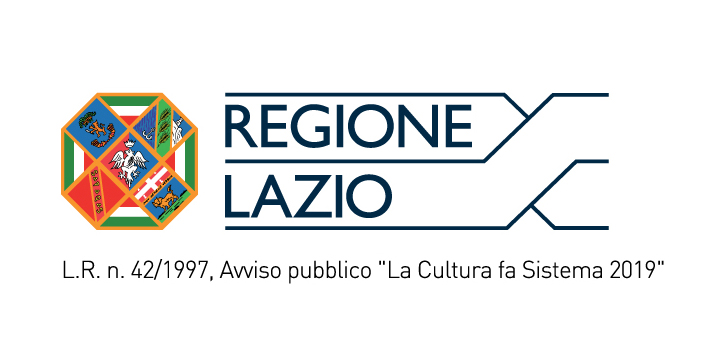When it comes to negotiating a licensing agreement, there are many factors that come into play. One important aspect that often gets overlooked is geography. How does geography affect the execution of an agreement? Let’s explore.
In Spanish, the execution of an agreement follows specific rules and regulations that may differ from those in other countries. Understanding the legal requirements in each jurisdiction is crucial for ensuring the validity and enforceability of the agreement.
An awful lot has been omitted from the final draft of the agreement. This emphasizes the importance of meticulously reviewing and revising the document to ensure that all necessary terms and clauses are included.
Geography also plays a role in determining the scope and territorial limitations of the agreement. Licensing agreements often include provisions that restrict the use, distribution, or sale of the licensed product or service to a specific geographic area.
For instance, in the case of a TEP landlord agreement, the rights and responsibilities of the landlord may vary depending on the location of the property. Factors such as local regulations, market conditions, and cultural considerations need to be taken into account.
When multiple parties are involved, it is essential to have a clear shareholders agreement template that outlines the rights and obligations of each shareholder. This ensures transparency and accountability, especially when different parties are operating in different geographical locations.
The impact of geography is not limited to legal considerations. In the realm of software development, for example, the location of the development team can have implications on intellectual property rights, data protection, and confidentiality.
Geography also affects service level agreements (SLAs). For businesses utilizing Office 365, understanding the terms and conditions of the SLA is crucial for ensuring reliable and uninterrupted access to the cloud-based services.
Even agreements as seemingly simple as a Best Buy credit card agreement can be influenced by geography. The terms and conditions may vary depending on the region, and understanding these differences is important for consumers.
In international conflicts, a temporary agreement to end fighting, often referred to as a ceasefire or truce, can be reached. This agreement aims to create a temporary pause in hostilities to allow diplomatic negotiations and peacekeeping efforts to take place. Geography plays a role in determining the boundaries and limits of the ceasefire zone.
In conclusion, geography plays a significant role in licensing agreements and various other types of agreements. It affects legal requirements, territorial limitations, intellectual property rights, service level agreements, and even international conflicts. Understanding the impact of geography is crucial for successful negotiations and the effective implementation of agreements.


